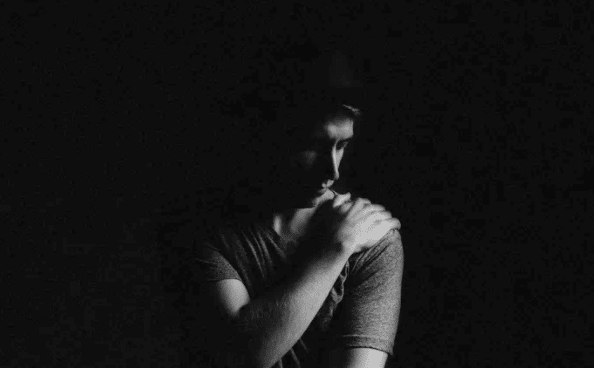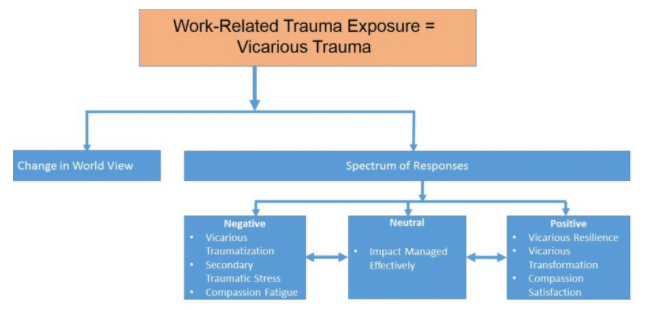The need for mental health care services and counsellors across Australia is growing at an astoundingly fast rate, with 22,159 mental health professionals reported in the latest figures from 2017. 4.3 million people received mental health-related prescriptions in that year alone, and this is an influx that doesn’t look set to abate anytime soon.
As this sector continues to grow at such a fast rate, one thing becomes evident; mental health concerns and the need for self-care among mental health workers is on a steady incline. Distressing cases and their emotional implications on carers shake not their ability to help people who have experienced trauma, but also the helpers mental health. This is a serious issue that’s coming more and more to the fore and, only by recognising the signs of vicarious trauma in mental health workers do we stand any chance at managing it.
Thankfully, most cases of vicarious trauma subside within a few weeks, but that’s too long to wait if you’re suffering. Instead, taking action as soon as symptoms arise is your best chance at managing your wellbeing and offering the best possible care to patients at all times.
What will cause me to be vicariously traumatised?
Many in the mental health industry are vaguely aware of vicarious trauma without knowing exactly what can make them feel this way. Ultimately, as with any trauma, this is a personal experience, but most cases arise when mental health workers talk to patients after witnessing or being involved in traumatic events of some kind. The high levels of emotion and confusion that can arise from such conversations have the power to either trigger past trauma for workers themselves, or otherwise impact everyday functioning.
How will I know if I’m vicariously traumatised?
Spotting the symptoms of vicarious trauma fast is essential for full recovery in the shortest time. While each individual will experience vicarious trauma differently, some of the most common signs that you’re experiencing problems include –
- Anxiety and irritability
- Changes in sleep pattern
- Excessive thoughts about a traumatic work event
- Mood swings/emotional exhaustion
- Increased need to withdraw
- Loss of pleasure in things that once brought you joy
- Avoidance of work situations
- Increased usage of alcohol/caffeine etc.
- Notable decreases in work performance
- And more
What can I do if I feel this way?
Taking action is, by far, the most fundamental thing you can do if you notice yourself feeling this way after work trauma. Luckily, there’s plenty of action for you to take in cases like these, especially when you seek the help of support organisations like VTT, Sane, and Mind.
VTT’s website, in particular, provides useful suggestions for yourself, your co-workers/supervisors, and your family members in cases where vicarious trauma does make itself known. In general terms, some tips that could help you to cope with these unwanted feelings include –
- Debriefing with colleagues
- Embarking on flexible working
- Sharing concerns with a loved one
- Seeking professional help from organisations like those mentioned
- Finding healthy outlets for the feelings that vicarious trauma causes
- Accepting your emotions and learning to work through them


